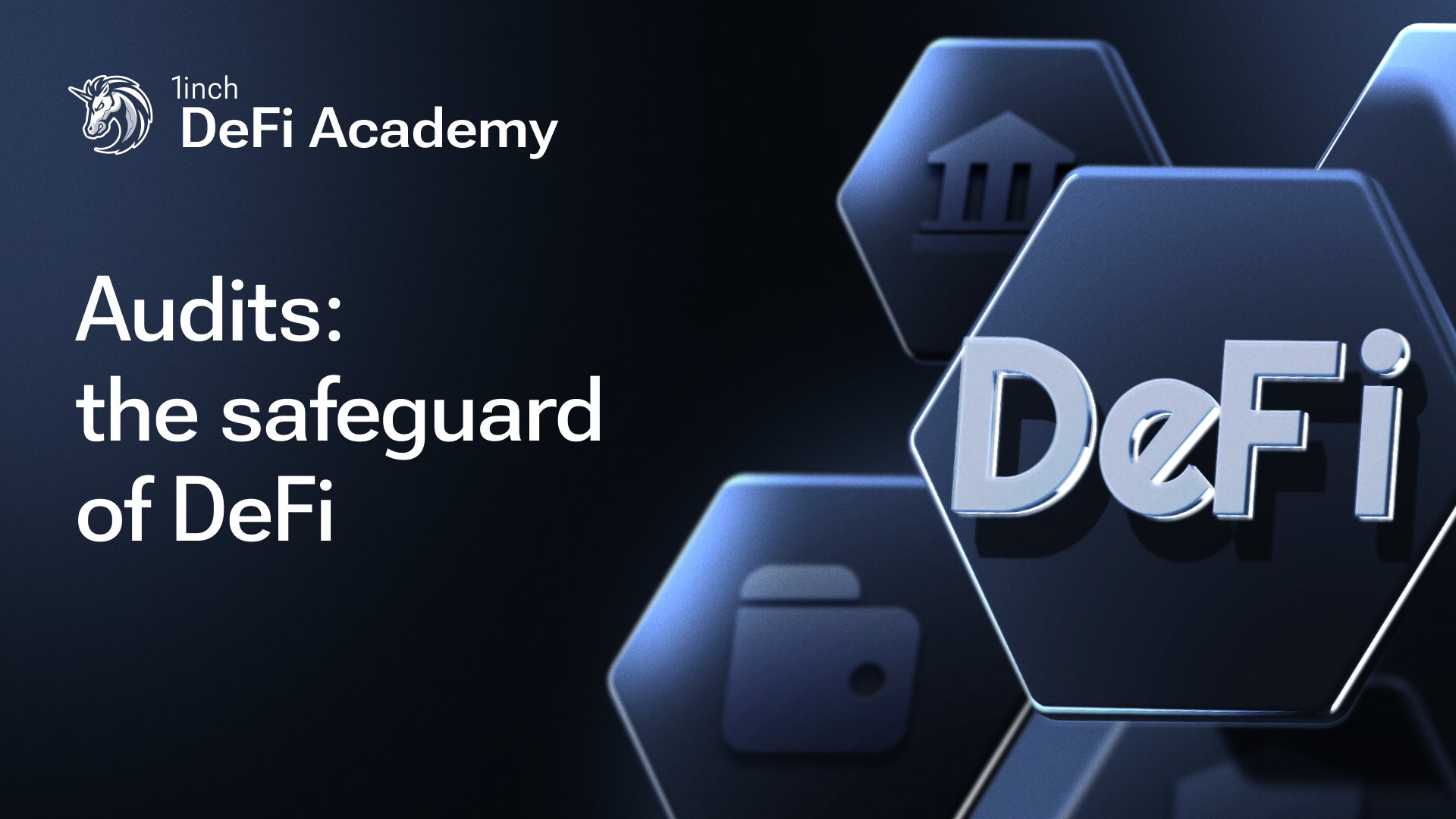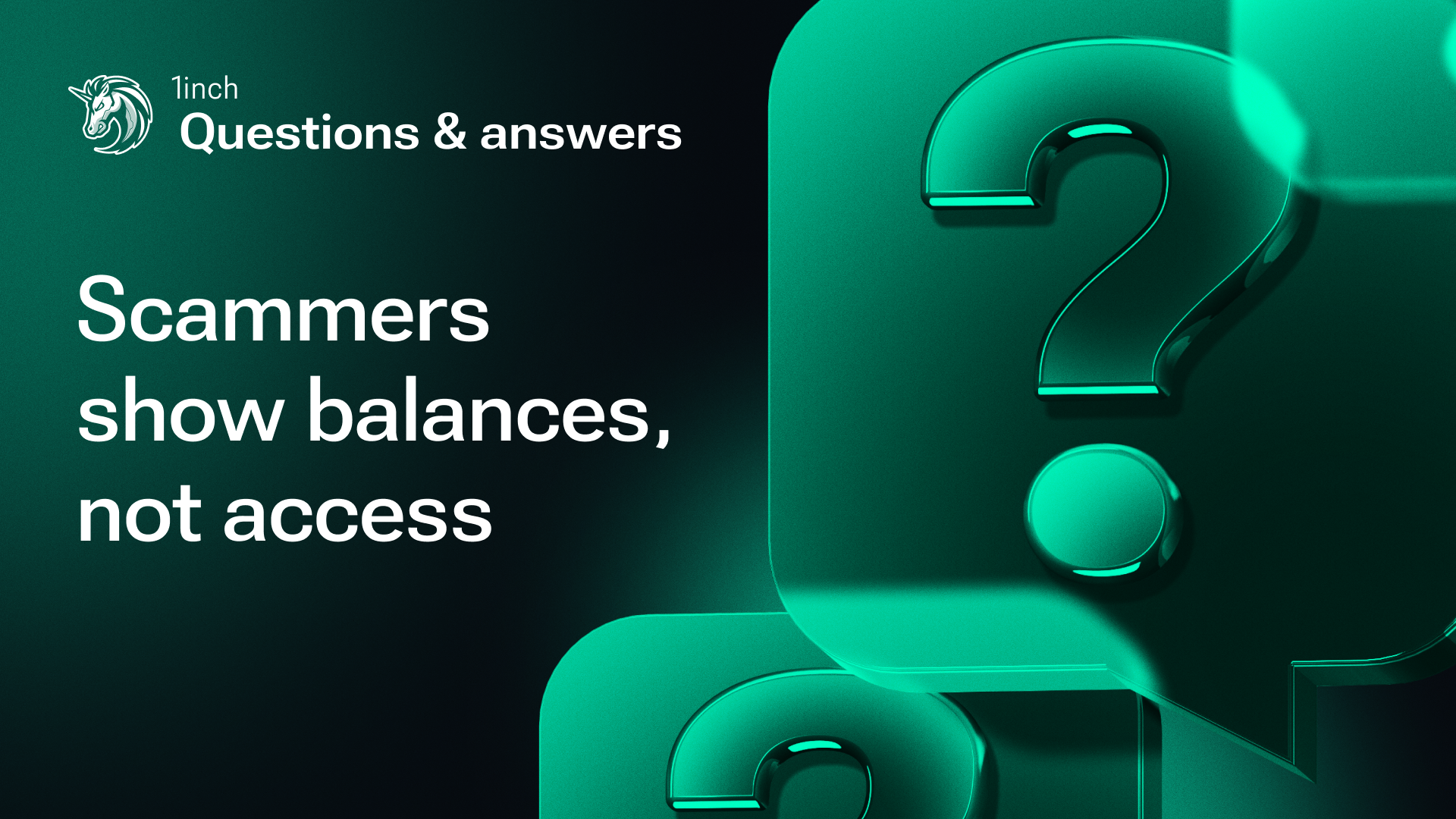How audits secure DeFi protocols and users

Smart contract audits protect users and protocols, strengthening trust and security across DeFi.
Smart contracts are the foundation of decentralized finance and a wide range of Web3 applications, powering everything from lending protocols to decentralized exchanges and derivatives platforms. Every day they handle billions of dollars in assets, automating processes that once required intermediaries. Yet while code is transparent, it is not infallible, and even a single bug in a smart contract can lead to losses worth millions.
Smart contract audits address this risk. Independent reviews of blockchain code play a crucial role in safeguarding users, protecting projects, and supporting the responsible growth of the Web3 ecosystem.
What is a smart contract audit?
A smart contract audit is the process of evaluating the code that drives decentralized applications to ensure its security and reliability. Performed by specialized security firms or independent experts, the audit process aims to uncover bugs, vulnerabilities, and logical flaws before they can be exploited.
Unlike a standard code review, a smart contract audit addresses the unique risks of blockchain:
- Immutability: once deployed, smart contracts are difficult or impossible to modify.
- Value at stake: smart contracts directly hold and transfer funds.
- Transparency: because code is public, attackers can analyze it just as easily as users.
These factors mean the margin for error is extremely small. Even a single overlooked issue can result in severe financial losses.
How smart contract audits work
While methods vary from one firm to another, most audits follow a similar structure that combines automated tools with manual expertise.
Preparation and scope definition: The project team shares the codebase, documentation and intended behavior with auditors. Both sides agree on the scope of the review, including which contracts and functions will be analyzed.
Automated analysis: Static analyzers and other automated tools run initial checks to flag common issues such as reentrancy risks, integer overflows or gas inefficiencies. These tools are useful for scanning but often produce false positives.
Manual review: Security experts examine the code line by line, testing assumptions, logic and edge cases. This stage uncovers most critical vulnerabilities, especially those that tools cannot detect.
Testing and simulations: Auditors deploy contracts in controlled environments, simulating real-world scenarios and potential attack vectors. Techniques like fuzzing may also be used to stress-test the code.
Reporting: The audit report details vulnerabilities, classifies them by severity (critical, high, medium, low) and provides recommendations for fixes. A non-technical summary is often included for project stakeholders.
Remediation and re-audit: The project team patches identified issues. Auditors may then conduct a follow-up review to confirm that the fixes were properly implemented.
Smart contract audits significantly reduce risks but cannot guarantee complete security. They are a critical step in building trust and protecting users in Web3.
Why audits matter
The history of crypto is full of cautionary tales. High-profile exploits, from DeFi lending platforms to NFT marketplaces, have caused losses in the hundreds of millions. Many of these attacks exploited vulnerabilities that thorough audits might have identified.
Audits matter because they:
- Protect users’ funds by catching vulnerabilities before attackers can exploit them
- Strengthen credibility, since publishing an audit report demonstrates transparency and commitment to security
- Support adoption, making both institutional and retail users more willing to engage with audited projects
- Educate developers, as reports often highlight best practices and improve code quality long term
How users can check audits
Before using any DeFi protocol, it’s worth checking whether the project has a public audit report. Having an audit demonstrates transparency and a commitment to security, but it should never be the only factor in your decision.
When reviewing an audit, pay attention to:
- Who conducted it – leading security firms carry more weight than unknown providers
- Severity of findings – note whether issues were minor or critical
- Fixes applied – confirm that the project addressed the vulnerabilities flagged in the report
This level of due diligence helps distinguish projects that prioritize security from those that use “audited” as a marketing label.
Who audits smart contracts?
Smart contract audits are carried out by specialized security firms focused on blockchain code. Among the industry leaders most frequently cited are OpenZeppelin, Consensys Diligence, Quantstamp, Trail of Bits, Kudelski Security and others. These firms have built strong reputations by working on high-profile projects and consistently publishing transparent reports.
Alongside them, other highly active firms such as PeckShield, MixBytes, OtterSec and Hashlock regularly audit major DeFi protocols.
In addition, firms including AstraSec, ABDK Consulting, CoinFabrik, Pessimistic, Statemind, Zokyo, Hexens and Offside Labs also contribute to the security ecosystem, often bringing niche expertise or regional focus.
Because even the most trusted auditors cannot guarantee absolute safety, leading protocols often undergo multiple independent audits, combining perspectives from several teams.
1inch and audit transparency
For 1inch, true security goes beyond a single audit certificate. The most reliable protocols undergo reviews from multiple trusted audit teams rather than relying on just one or two. To reinforce this standard, we regularly publish information about completed audits, giving users a clear view of the scrutiny applied and the steps taken to address potential risks.
In Web3, security is inseparable from trust. Smart contract audits are not just a technical formality, they are a cornerstone of responsible innovation. As billions continue to flow through decentralized systems, audits provide users with peace of mind and help projects avoid catastrophic failures. A strong audit process, combined with transparency and community oversight, is what turns bold ideas into sustainable products.
Stay tuned for more insights from 1inch as we explore the latest trends in DeFi!




























